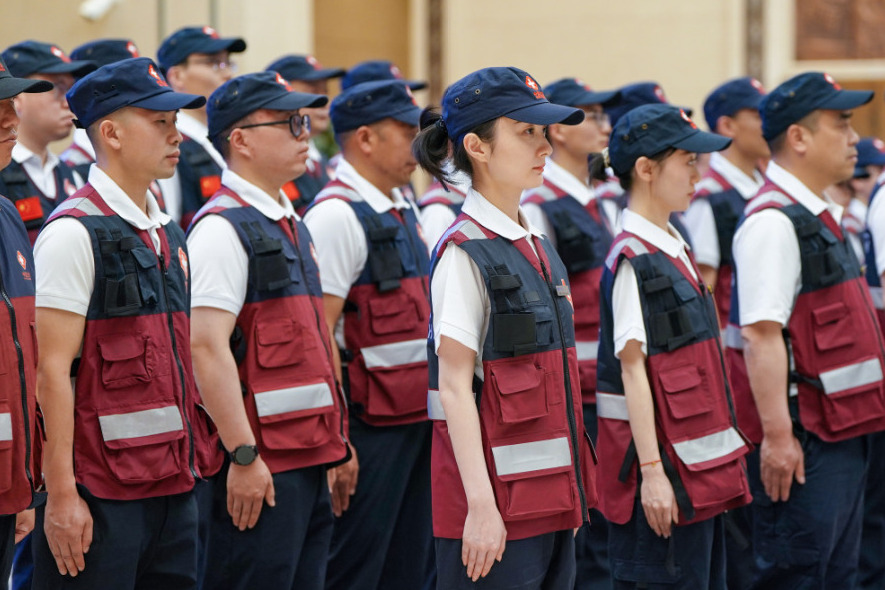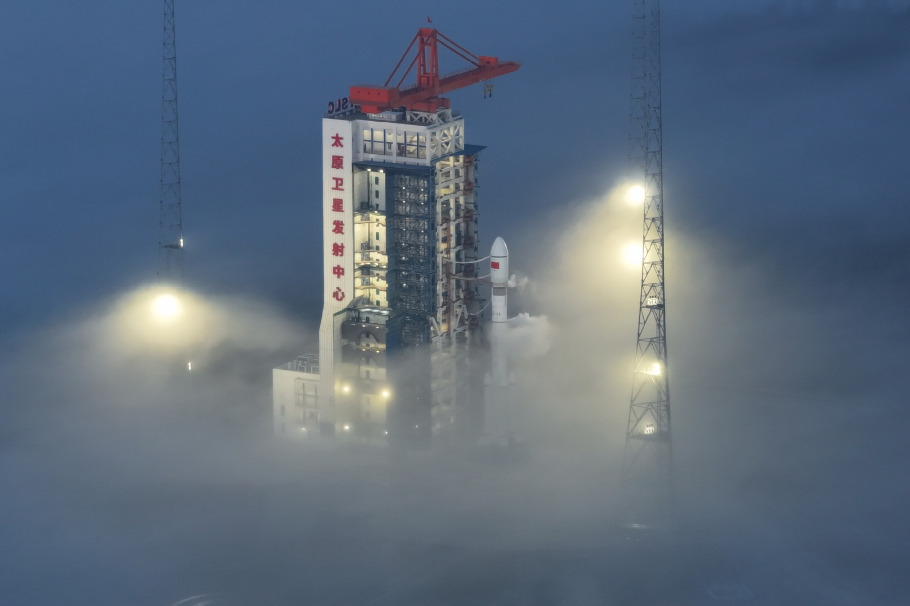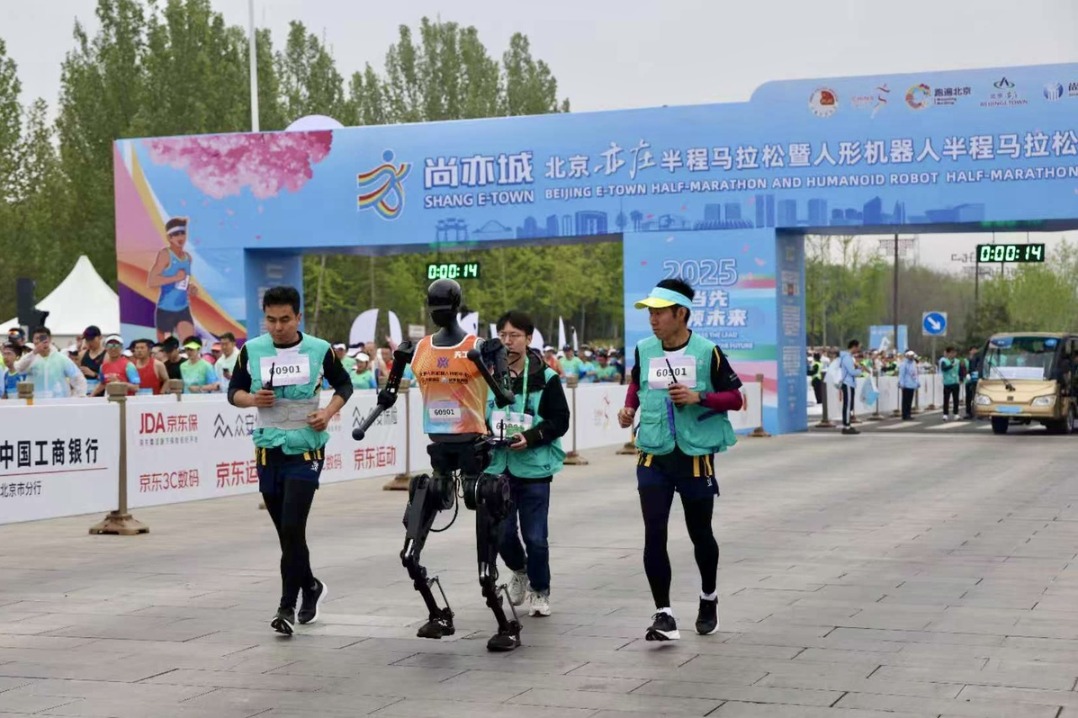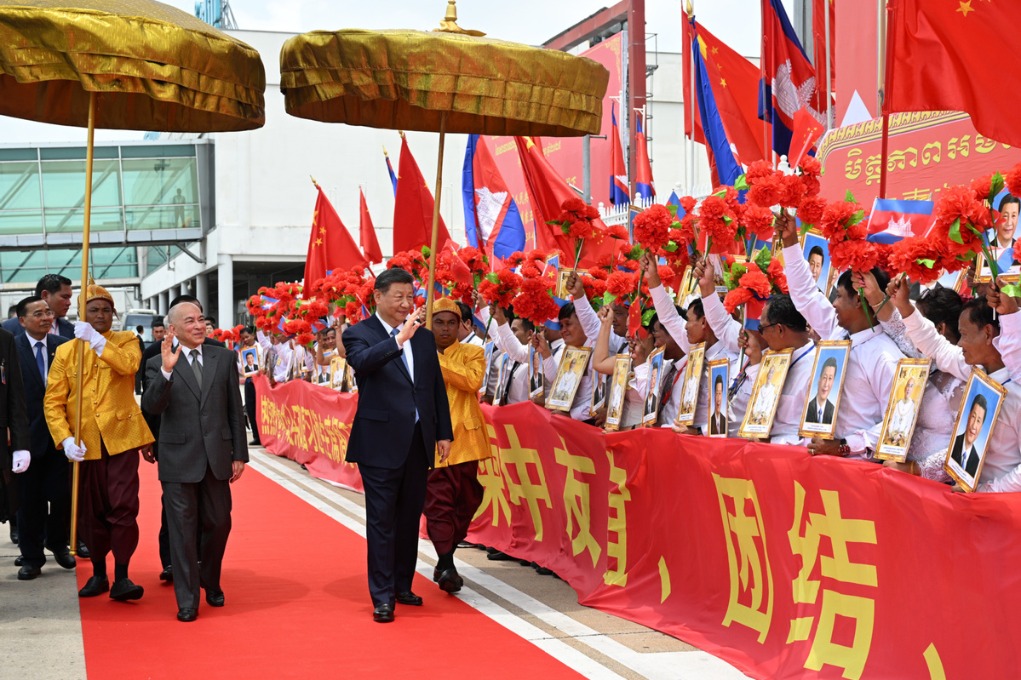New Iran leader is unlikely to stop reinstating of nuclear deal: China Daily editorial


Ebrahim Raisi's landslide win in the Islamic Republic of Iran's presidential election is being broadly read as a crucial wind vane for the country's political orientation for many years to come.
Raisi, head of Iran's judiciary, who carries such labels as "conservative" and "hardliner", is widely believed to be favored by supreme leader Ayatollah Ali Khamenei, and subject to United States sanctions for alleged human rights violations, will take over office from the moderate incumbent President Hassan Rouhani in August.
Since many speculate Raisi's election puts him in a favorable position to be a potential candidate to assume the position as the country's next supreme leader, there has unsurprisingly been much attention focused on his policy inclinations.
What does his win mean to his country's political and economic future? What does it mean for the Middle East? For Iran's relations with Israel, the United States, the broader West, and especially for the Iran nuclear deal? A great number of such questions are being raised.
Judging from Raisi's political record and his endorsement from the supreme leader, and especially their similar political orientations, it would be no surprise if Teheran takes a turn to a harder line in foreign affairs. That is why many observers have predicted increasing complexities both in Iran-US relations and the Middle East.
But that does not necessarily mean the latest hints of hope from the Iran-US negotiations in Geneva will disappear.
Given the fact that it was the previous US administration that unilaterally scrapped the hard-earned nuclear deal, and its reckless re-imposition of sanctions that has wreaked havoc on Iran's economy, no attempt to revive the 1995 deal can escape domestic resistance in Iran. On the other end, the Joe Biden administration also faces Republican maneuvers to throttle its endeavors to restore the agreement.
However, reinstalling the deal is actually the sole all-win option.
The Democrats in the US are aware of this. So are the coolheaded leaders in Teheran.
President Rouhani's representatives have been in negotiation with their US counterparts for months, and reported "substantial progress" the other day.
His Foreign Minister, Javad Zarif, said issues in the talks were not insurmountable, and expressed the hope that a result could be attained before August. One of his deputies indicated the outcome of the election would not affect the negotiations.
For those who worry a hardliner like Raisi may kill hopes for a deal if an agreement can't be finalized before Rouhani's departure, both the future president and the supreme leader sounded like they, too, want to see the ongoing negotiations succeed.
Raisi reportedly stated in a pre-election debate that he would "respect" the nuclear deal. Khamenei had also indicated if the US is willing to observe the agreement, Iran is also willing to return to it.
For the present and future interests of both parties, and for the greater good of the Middle East, Israel included, it is to be hoped the deal can be reinstated, and maintained.
- Ebrahim Raisi wins presidential election in Iran
- Helicopter carrying ballot boxes crashes in SW Iran, 1 killed
- Raisi takes lead in Iran's presidential election with over 17.8 mln votes
- Biden's maiden foreign trip to Europe undermines alliances, writer says
- US says has no time frame for end to sixth round of Iran talks
Today's Top News
- Canton Fair's global footprint continues to grow
- Policy steps key to tackling tariffs impact
- Industrial economy to maintain uptrend
- Shanghai offers support to export-oriented firms
- Visits show China is reliable partner
- Prompt firing of Chinese-American professor causes concerns






























